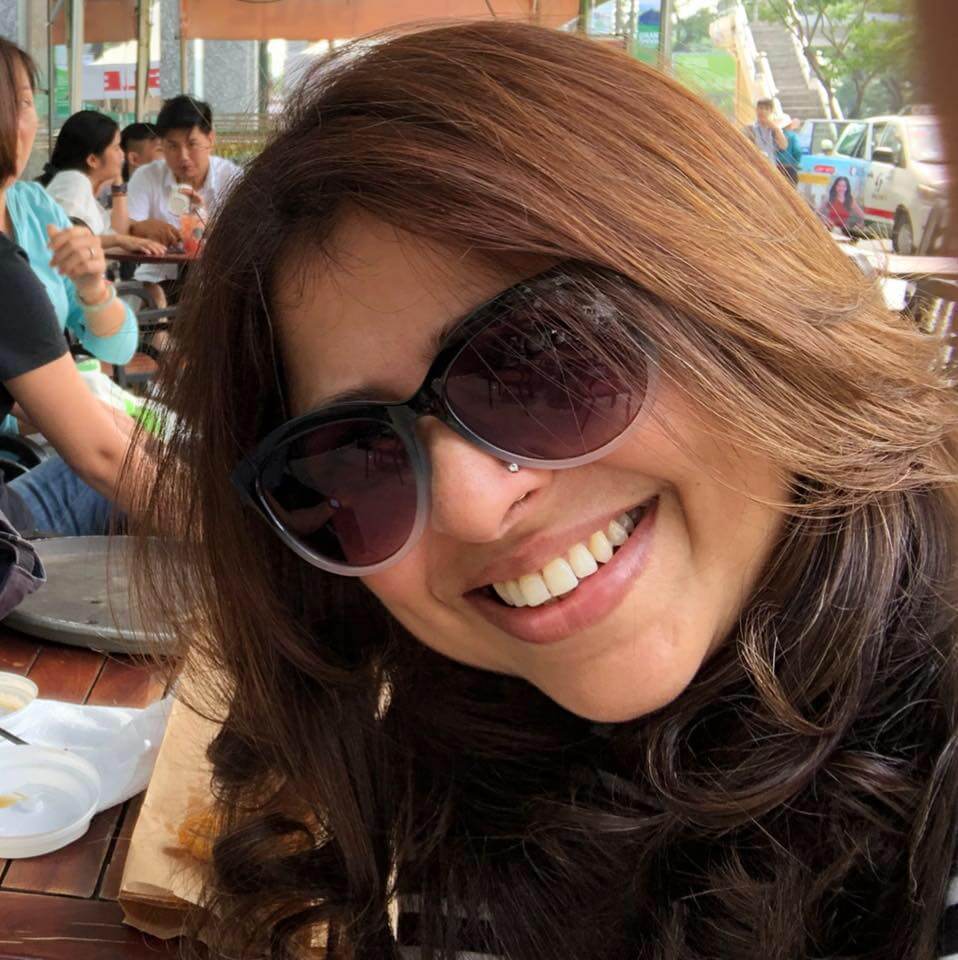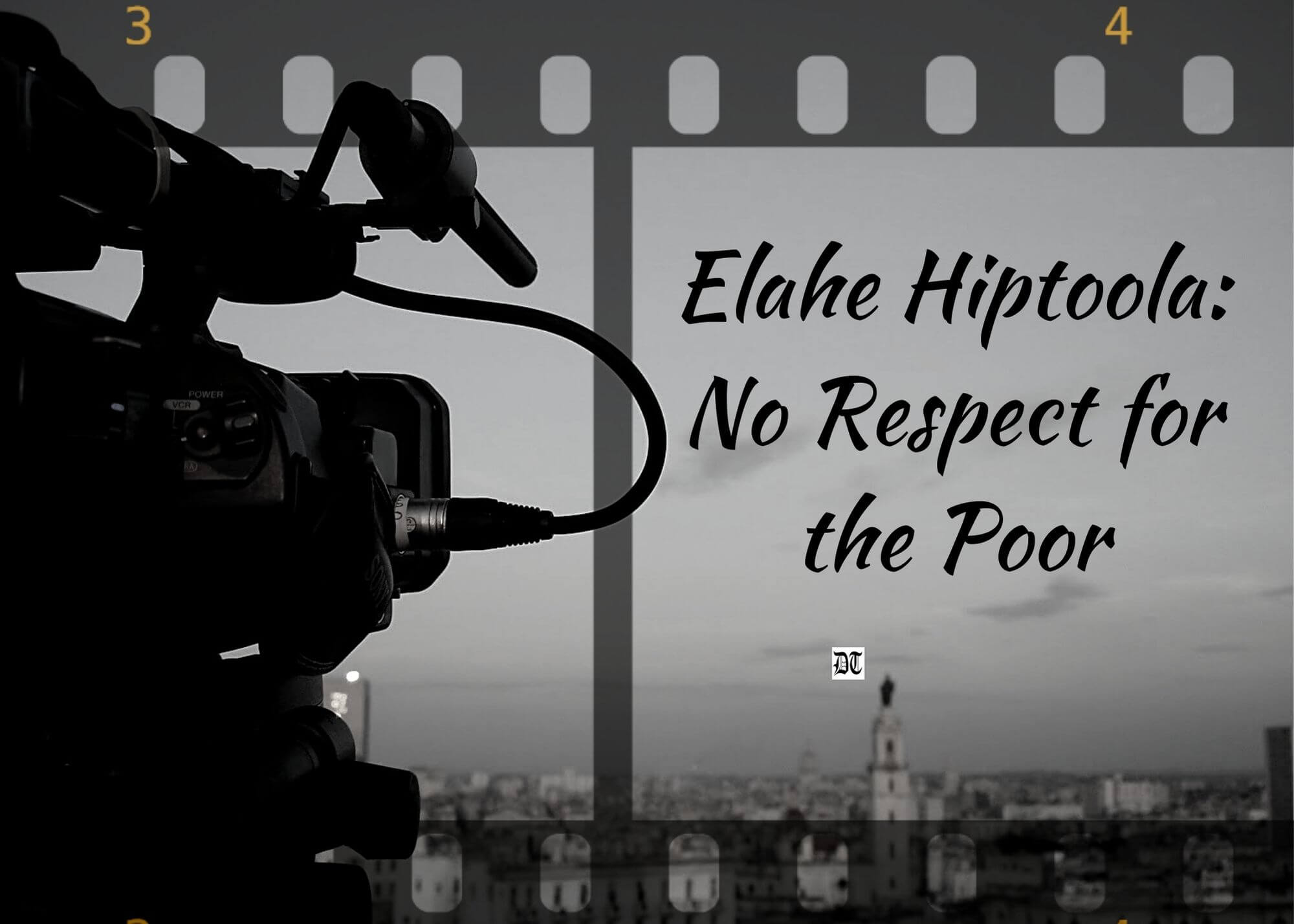In an exclusive telephonic interview, with Arindam, our Editor-in-Chief, Elahe Hiptoola, pointed out, “Each individual has to decide how much ‘exploitation’ is okay for them…” An exclusive for Different Truths.
Elahe Hiptoola, Hyderabad-based producer, who teams with Nagesh Kukunoor, in an exclusive telephonic interview to Different Truths, said, “There is an opportunity in filmmaking. There is business. Earlier, it was more like prostitution (for women who wished to act in films). Film world was a taboo. Things have changed. The government has recognised it and has given it the status of an industry. Banks give loans. The cine industry is no longer what it was before.”
She explained, “Actors need not be ‘trained’. Many trained actors, like Nasuruddin Shah, Amol Palekar, Om Puri and others, remained in the fringe. The technicians are more or less trained – either they are self-trained, study filmmaking in professional institutions, or industry-trained, learning the skill under the tutelage of professionals in the industry.”
Elahe said that exploitation cannot be viewed in isolation but needs to be viewed in the larger context of corruption. “The pertinent question is how much corruption is okay. It might be okay to keep talcum powder, shampoo sachets, etc. in a purse from the hotel room, but it’s certainly not okay to steal the TV. It might be tolerable not to tip the waiter in a restaurant and pocket it, but it’s not okay to be a Kalmadi, who was involved in a scam and pocket several millions of rupees,” she emphasised.

She explained, “The Indian scenario is different. Greece is bankrupt. In our country, the LIC alone can bail our country several times. They have so much money that India withstands large financial shocks; it has absorbed so many scams. In the US and many other countries, everyone understands system and respects it. This is not true in our country. An art director might not belong to any union but he still gets work. Suppose there is an art director who takes a big producer to the courts and gets his due, do you think he will get work? I might not employ him either for he would be tagged as ‘trouble maker’. Despite not belonging to any union, art directors and other technicians make money.
“Disparity in India is a harsh reality. For example, a spot boy gets Rs 800/- per day, while an actor makes eight lakh rupees per day. For the film to be shot, the spot boy and the actor are equally important. Even if a spot boy is away, there’ll be no shooting. As a director, I see that the union does nothing for the people. Even in the organised sector, there is exploitation. There has to be a god to run this country.
“Each individual has to decide how much ‘exploitation’ is okay for them; man or woman, films or no films.”
Elahe shared two interesting experiences. “It’s difficult to survive in a man’s world. I have found a way out. When we start a film, in my production unit, which is normally completed in a month or month-and-a-half, there are two persons, who are ‘paid extra’ to get insulted publicly. It’s fixed beforehand. On the fourth or fifth day, I shout and insult them, in front of the entire unit. That person is shown the door. This makes others fall in line and discipline, which is of utmost importance, is restored immediately.”

She laughs and adds, “Public memory is short. Thus, I repeat this about a week or 10 days before the work ends. It works. They get the message that they cannot get away easily. This, I feel, is an ‘acceptable corruption’. We have to tackle our problems, smartly. The film world is a lot more about appearances. What you show, is often, far more important.”
Citing another example of tackling people, she confessed, amidst laughter, “After the huge success of Hyderabad Blues, I was confident that the next project would be cakewalk. I was wrong. I would meet and talk to people, financers and distributors, in Mumbai. I would travel all night by bus and tell them that I traveled all night to meet them. They did not like this. It was clear from their faces.
“I would travel by bus and tell them that I flew in. I would reach Mumbai, take out flight tags from inside my bag and put those on my luggage. I saw that people were taking me more seriously. It’s silly…in this country if you commute by auto-rickshaw no one is ready to put money in your project. You have to get down from a swanky car. Sadly, no one respects the poor.”
Photos from the Internet and image by Different Truths





 By
By


 By
By
Intriguing insights from an insider
Thanks, Soumya